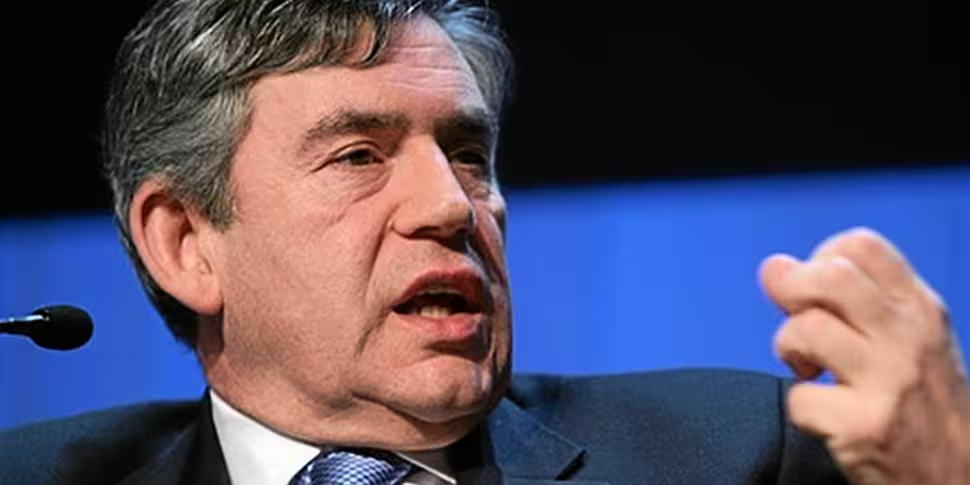Former Prime Minister Gordon Brown has announced he will step down as an MP at the next general election in the UK, next May.The 63-year-old told a Labour Party audience he intends to shift his focus to charity work and his role as a UN special envoy for global education.
"Even after a week of speculation, it is a strange experience to read your obituary before you have retired," he said.
"Today I have my say, tomorrow the newspapers will have their say, and then history will have its say.
"I am in no doubt, it is the right thing to do. A new person with new ideas, new vision, new insight, a new person to stand for this constituency, representing the Labour Party at the next General Election.
"It is a London I am leaving.
"For the avoidance of any doubt, I am not going back Westminster, not to the House of Commons after the General Election and not to the House of Lords.
"It is Fife, where our home is, where our children, Sean and Fraser are happily at school, where I will do the new and extended work as a United Nations' special envoy."
Mr Brown was first elected to Parliament in 1983.
He was Chancellor from 1997 to 2007 before taking over from Tony Blair as Prime Minister between 2007 and 2010.
His successor, David Cameron, was among the first to pay tribute.
"Gordon has given a huge amount in terms of public service and his contribution in government and Parliament," he said.
"I'm sure he'll go on contributing to public life even after he has left the House of Commons."
Mr Brown played a significant role in saving the Union when Scotland voted on independence in September.
His late intervention, setting out a "vow" on greater powers for the Scottish parliament, was a key factor in reducing the Yes vote.
But in his political obituary, he will find the chapters on his tenure in Downing Street less flattering.
As Prime Minister he presided over the 2007-08 recession and the bailouts of the banks that cost the taxpayer billions of pounds.









